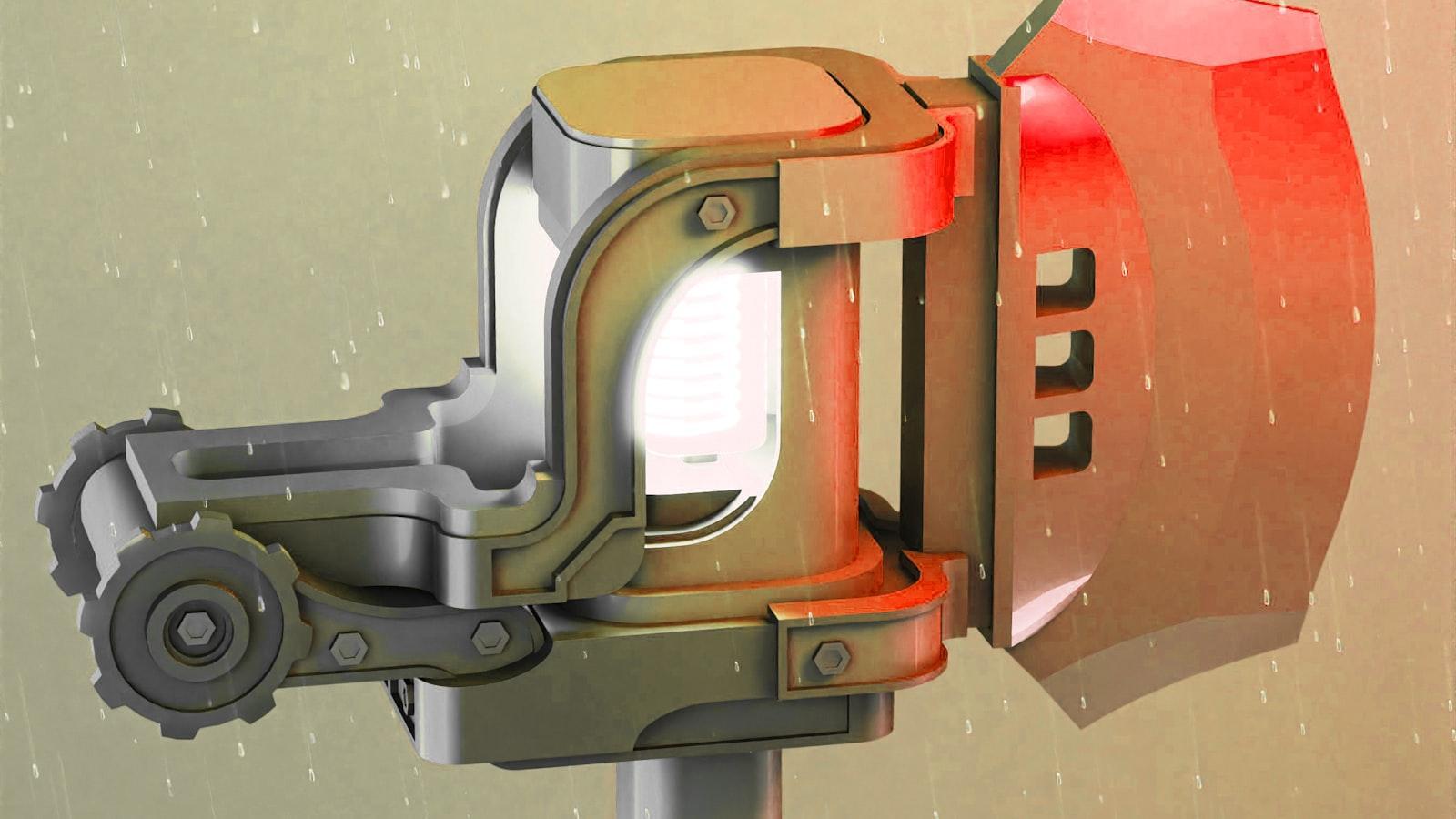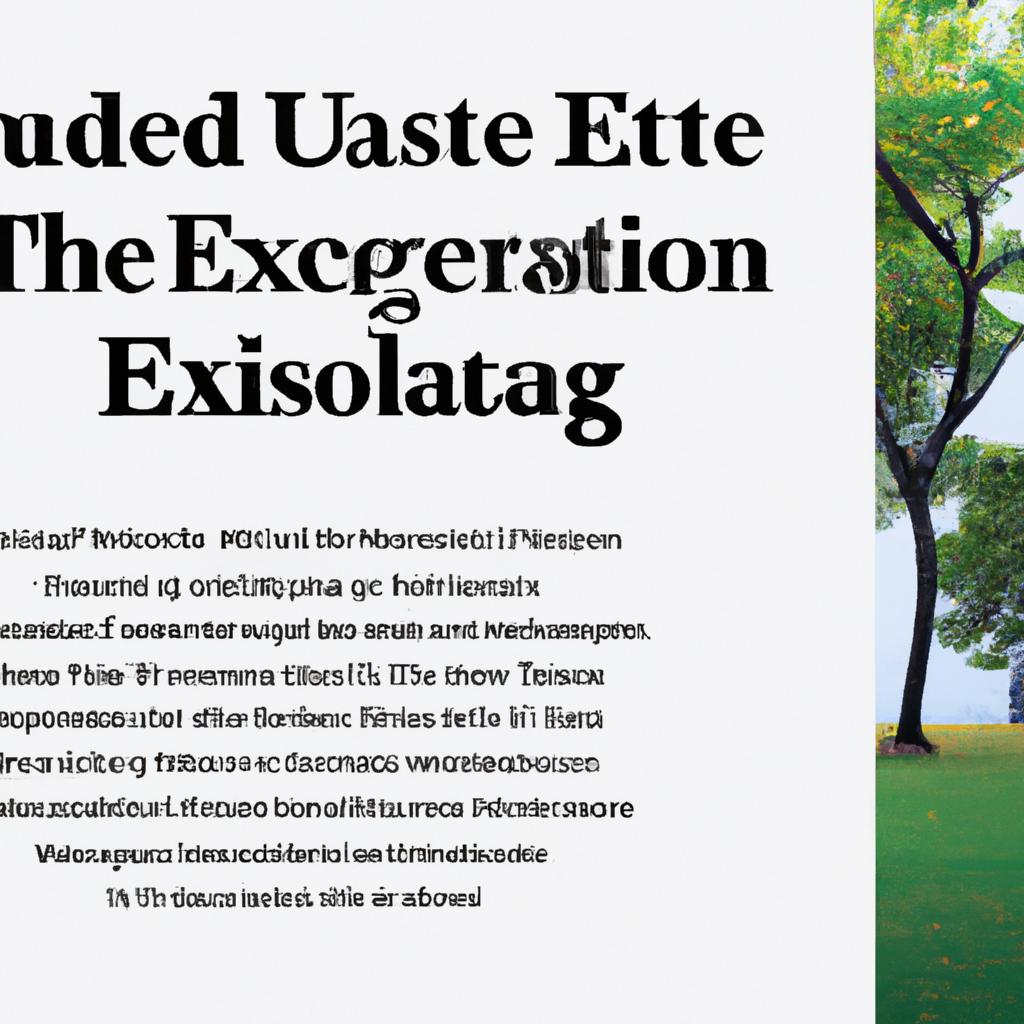In the complex realm of estate planning and wills, there is a central figure who plays a fundamental role in guaranteeing the final wishes of the deceased are carried out smoothly and effectively. This person, known as the executor of an estate, holds a position of significant responsibility and authority. So, who exactly is an executor of an estate, and what are their responsibilities and obligations? Let’s explore the intricate world of estate administration and demystify the role of this enigmatic figure.
Understanding the Role of an Executor of an Estate
An executor of an estate is an individual appointed to execute the terms of a will after someone passes away. This role comes with a great deal of responsibility and necessitates attention to detail and organization. Executors play a crucial role in ensuring that the deceased individual’s wishes are carried out and that their assets are distributed according to their will.
Executors are typically chosen by the deceased individual in their will, but if no executor is named, the court will appoint someone to fulfill this role. It’s essential to select someone you trust and who is capable of handling the responsibilities that come with being an executor. Executors have a fiduciary duty to act in the best interests of the estate and its beneficiaries.
Some of the key responsibilities of an executor include:
- Gathering and managing the deceased individual’s assets
- Settling any debts or taxes owed by the estate
- Distributing assets to the beneficiaries named in the will
Being an executor can be a demanding and time-consuming role, so it’s important to carefully consider whether you are willing and able to take on this responsibility before agreeing to serve as an executor of an estate.
Key Responsibilities and Duties of an Executor
As the executor of an estate, you are entrusted with the important task of fulfilling the wishes outlined in the deceased person’s will. This role comes with a variety of responsibilities and duties that must be fulfilled with care and attention to detail.
Some of the key responsibilities of an executor include:
- Managing the estate: This involves gathering and inventorying the deceased person’s assets, paying off any debts and taxes, and distributing the remaining assets to the beneficiaries according to the instructions in the will.
- Communicating with beneficiaries: Keeping beneficiaries informed about the progress of the estate administration process is crucial. This can help prevent misunderstandings and disputes down the line.
- Handling legal matters: Executors are often required to file necessary legal documents, such as the will, with the probate court. They may also need to attend court hearings and represent the estate’s interests.
Qualities to Look for in Choosing an Executor
When selecting an executor for an estate, it is crucial to consider a number of key qualities that will ensure the process runs smoothly and efficiently. Here are some important qualities to look for:
- Trustworthiness: The executor should be someone you trust implicitly to carry out your final wishes and handle your affairs responsibly.
- Organizational Skills: The ideal executor should be detail-oriented and able to keep track of important documents and deadlines.
- Communication Skills: Clear communication is essential in the role of an executor, as they will need to liaise with beneficiaries, financial institutions, and legal professionals.
- Financial Acumen: An executor should have a good understanding of financial matters and be able to manage assets and debts effectively.
By selecting an executor with these qualities, you can ensure that your estate will be handled with care and efficiency during a difficult time.
Tips for Succession Planning and Naming an Executor
When it comes to succession planning and naming an executor for your estate, it is important to understand the role of an executor and the responsibilities that come with it. An executor is the person appointed to carry out the wishes outlined in your will and ensure that your assets are distributed according to your wishes. Here are some tips to consider when choosing an executor for your estate:
- Trustworthiness: Select someone who is trustworthy and capable of handling financial matters.
- Organizational Skills: Look for someone who is organized and detail-oriented to ensure that all aspects of your estate are taken care of.
- Availability: Choose someone who has the time and availability to fulfill the duties of an executor.
It is also important to have open communication with your chosen executor and make sure they understand their role and responsibilities. Providing them with a clear outline of your wishes and the location of important documents will help make the process smoother for everyone involved. Remember, selecting the right executor is crucial to ensuring a successful and efficient estate administration.
Future Outlook
Understanding the role of an executor of an estate is vital when it comes to managing the affairs of a deceased individual. Serving as a guiding hand through the complexities of probate, distribution of assets, and fulfilling the wishes of the deceased, an executor must navigate this unique and challenging responsibility with care and dedication. With their important role in executing the final wishes of a loved one, an executor truly plays a crucial part in ensuring a smooth transition of assets and settling of affairs. Through their dedication and attention to detail, they honor the legacy of the deceased and provide peace of mind to their loved ones.

The Ultimate Guide to Understanding Executors of an Estate
Introduction
When someone passes away, their estate needs to be managed and distributed according to their wishes. This is where an executor of the estate comes in. An executor is responsible for carrying out the deceased person’s wishes as outlined in their will. In this guide, we will delve into the role of executors, their responsibilities, and everything you need to know about navigating the estate settlement process.
Role of Executors
An executor is a person appointed to handle the administration of an estate after someone passes away. Their main responsibilities include:
- Gathering and managing the deceased person’s assets
- Paying off any debts and taxes owed by the estate
- Distributing the remaining assets to the beneficiaries as outlined in the will
Responsibilities of Executors
Executors have a fiduciary duty to act in the best interests of the estate and its beneficiaries. Some of their key responsibilities include:
- Locating and securing the deceased person’s assets
- Notifying creditors and paying off any debts owed
- Filing the deceased person’s final tax returns
- Distributing assets to beneficiaries
Benefits and Practical Tips
Being an executor can be a daunting task, but there are some practical tips to make the process smoother:
- Seek legal advice if you are unsure about your responsibilities
- Keep detailed records of all transactions and communications
- Communicate regularly with beneficiaries to keep them informed
Case Studies
Let’s look at some examples of how executors have navigated the estate settlement process:
| Name | Challenge | Solution |
|---|---|---|
| John Smith | Multiple beneficiaries disputing asset distribution | Mediation session to resolve conflicts and reach a fair agreement |
| Sarah Johnson | Unclaimed assets in overseas accounts | Hired a professional to track down and repatriate the assets |
Firsthand Experience
As an executor myself, I can attest to the challenges and rewards of fulfilling this role. It is important to approach the task with patience, diligence, and empathy for all involved parties.
Conclusion
Executors play a crucial role in ensuring that a deceased person’s final wishes are carried out. By understanding the responsibilities and challenges that come with this role, executors can navigate the estate settlement process with confidence and efficiency.


